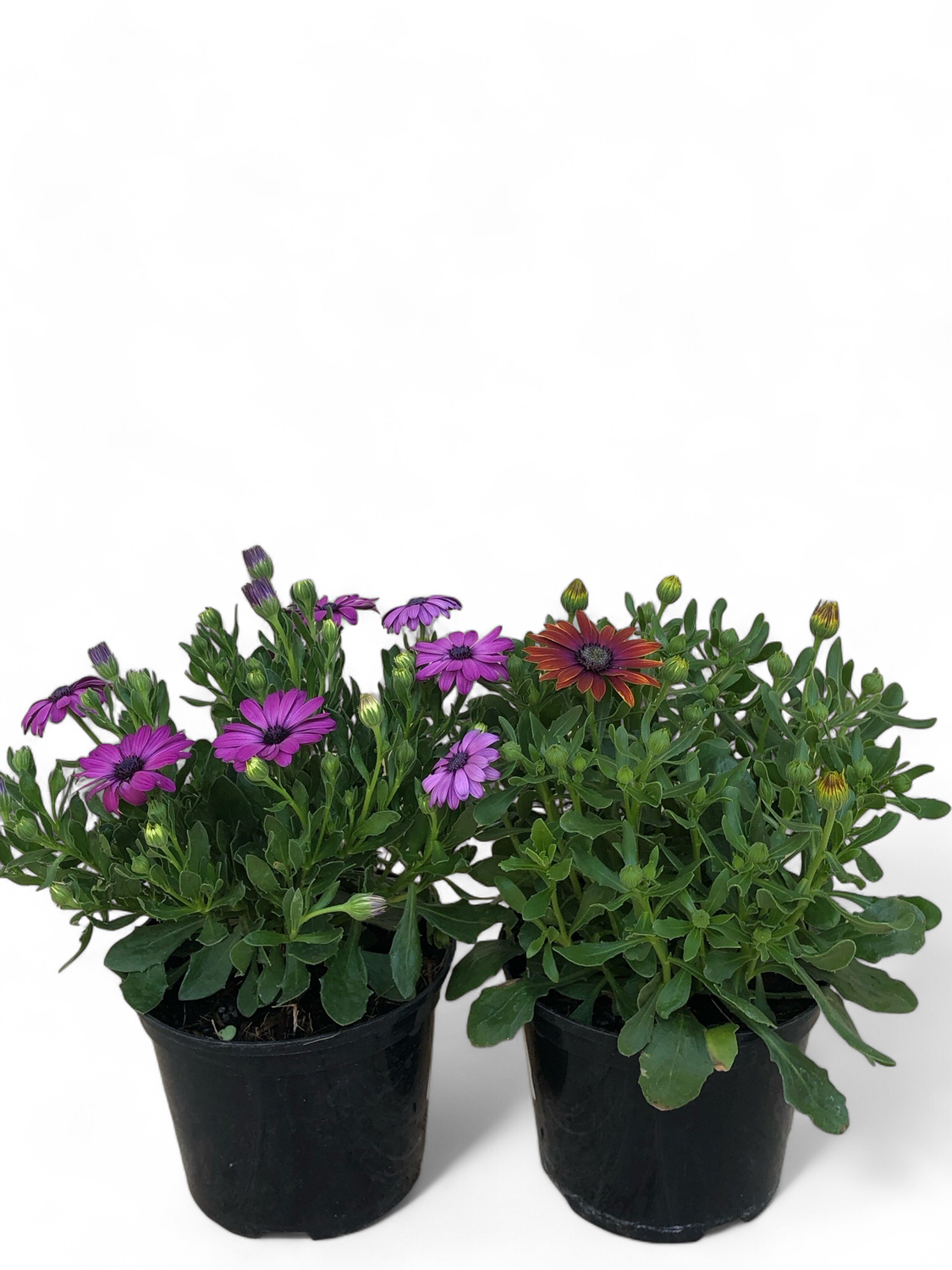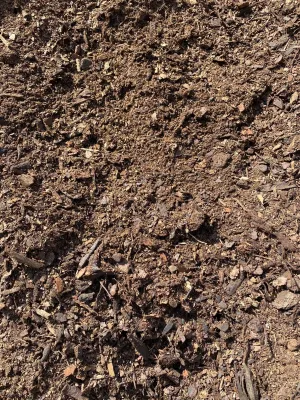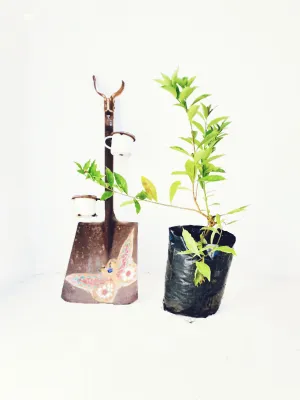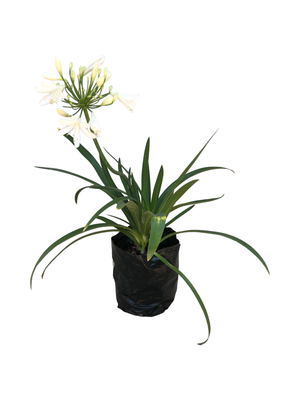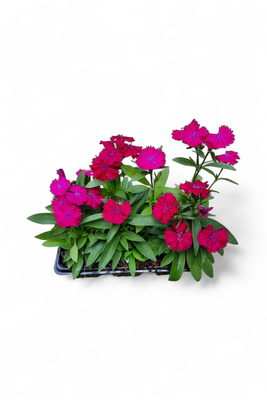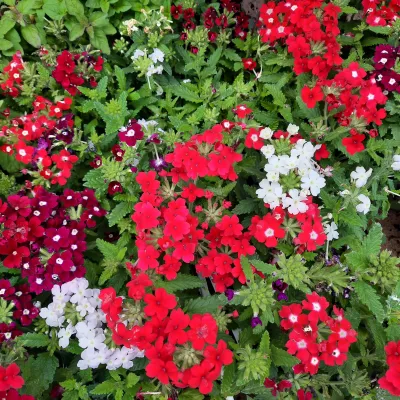Osteospermum "Ostica" 15cm
SKU 652
R75.00
1
Save this product for later
Osteospermum "Ostica" 15cm
Product Details
Weight: 3.00 kg
The striking bold colours of this indigenous beauty clearly dispel all and any suggestions that indigenous gardens have to be dull, dreary and boring.
The genus Osteospermum belongs to the plant family Compositae (Asteraceae) commonly known as the Daisy family. The plant originates from South Africa, hence the common name ‘African Daisy’.
Osteospermums are relatively new to most gardeners, and were almost unheard of 25 years ago. They have risen in popularity during the last decade as they have become more commercially available, with a wide selection of varieties and colours being grown and sold in garden centres countrywide.
Today Osteospermums are considered a popular summer bedding plant. They are low growing evergreen shrubs with stunning daisy-like flowers that vary in colour, with unique petal shapes and unusual patterns. Most commercially grown Osteospermums reach a total height of about 50cm.
Like other indigenous daisy-type flowers, Osteospermums require full sun for the flowers to fully open. As such they are ideal specimens for rockeries, borders and flower beds. They are also highly suited to container plantings, with the prostrate growing varieties performing well in hanging baskets.
Although often labelled as annuals Osteospermums are in fact half-hardy perennials. This means they are frost tender and will not survive frost conditions. However in frost free area’s they perform as a perennial and if well fed during the cold winter months, should go on to survive for several growing seasons.
Osteospermums have low water requirements and offer a stunning water-wise option for the gardener. Ensure they are planted in well composted soil and while they only require minimal watering, they should not be allowed to dry out.
Flowering is encouraged by regular fertilizing and foliar feeding every 2nd week will ensure your plants flower for many months! Regular dead heading also promotes flowering and will ensure your plants look at their best, for longer.
At the end of the flowering season, leggy plants benefit from being pruned and cut back – allowing fresh side shoots to develop and new growth to be initiated.
You May Also Like
Display prices in:ZAR
